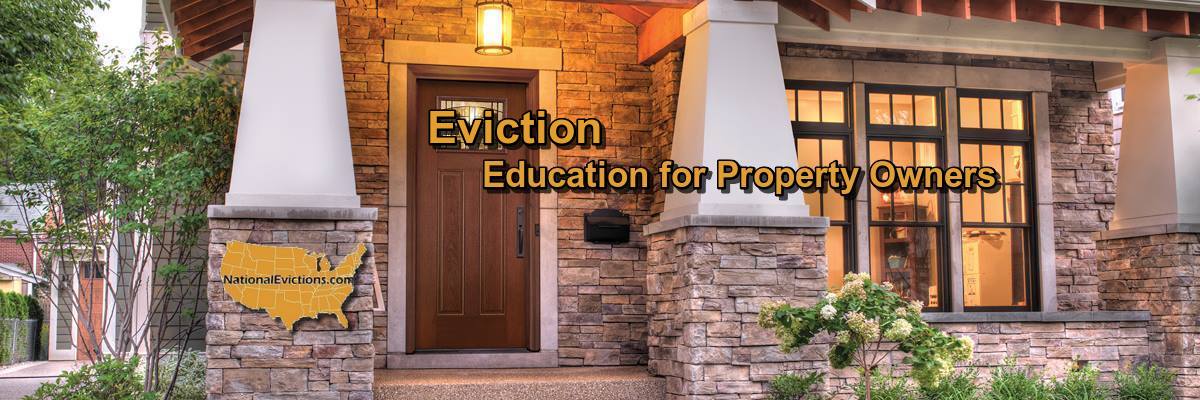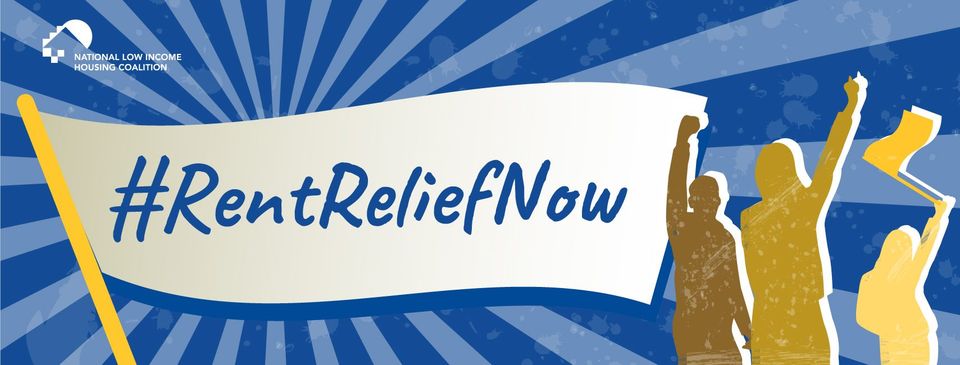Implied Warranty of habitability. This means that a landlord has a responsibility to keep the rental in a fit and habitable condition.
Landlord-tenant law also places specific maintenance obligations on every landlord. These responsibilities include:
Implied Warranty of Habitability – a general requirement that all vital services must be functioning and in good repair and that the rental property must be clean and safe.
- Following Building Codes: Every landlord has a responsibility to keep their property up to local and state building and safety codes. This includes:
-
- General Building Safety: The physical structure of the building must be safe for tenants to live in. The roof and foundation must be structurally sound. Entrances and exits must be easily accessible. Windows and doors must have proper waterproofing and proper locks. Floors must be structurally sound and free from tripping hazards. All staircases must have the appropriate handrails.
- Plumbing Inspections: Plumbing must be up to code.
- Electrical Inspections: All electrical work in the property must be up to code.
- Fire Inspections: Rental properties must have the proper number of smoke and carbon monoxide detectors and they must be in good, working order. Some towns will require these detectors to be hard-wired, while others allow battery operated detectors. The property must not exceed a certain number of occupants, stairways and common areas must have proper lighting and fire retardant paint must be used in certain areas, such as stairways.
-
- Performing Repairs: Landlords are responsible for completing repairs in their property to keep the property in habitable condition. These repairs need to be reasonable. For example, if a tenant does not have a working stove, the landlord can hire a repairman to fix the current stove. The landlord does not have to purchase a brand new stove for the tenant if the current stove is able to be repaired to a working condition.
- Common Areas: Landlords must keep all common areas of the building clean and safe.
-
- Maintaining Vital Services: Landlords are responsible for keeping all vital services in the rental property functioning. This includes heat, hot water, electricity, gas, and central air conditioning, if applicable. If the tenant is responsible for paying utilities, the tenant must keep current on their bill to make sure their heat, electricity or gas remains on.
- Providing Garbage Bins: Landlords must provide garbage cans where the tenants can dispose of their trash. These must be an appropriate number or size for the rental property.
- Supplying Running Water: Tenants must have access to running water. Burst pipes or blockages must be fixed immediately.
How Long Does a Landlord Have to Complete a Repair
For repairs that violate the warranty of habitability or pose immediate health or safety risks to the tenants, landlords will have a reasonable amount of time, based on state law, to complete the repair once they have been notified of the issue. What is considered a reasonable amount of time will vary by state law and by the severity of the issue.
Many states will allow a landlord 30 days to fix a problem, while others will only allow three to seven days for serious issues, such as lack of heat or running water. If the repair is not completed within this time period, the landlord may owe the tenant damages, the tenant could be allowed to move out of the rental unit, the court could hire a third party to complete the repairs or the landlord could be fined.
Advance Notice for Entry
In order to enter a tenant’s apartment, landlords typically have to give notice. The amount of notice will vary by state but is typically between 24 and 48 hours’ before desired entry. This notice requirement is usually waived in emergency situations.
Right to Withhold Rent
Tenants in certain states, such as Connecticut, are allowed to withhold rent until a necessary repair is made. There are specific rules that must be followed such as serving the landlord with formal notice that the repair is necessary and then filing a complaint with the court. The tenant will then deposit the rent amount withheld with the court.1
The repair must violate the warranty of habitability, such as an extreme pest infestation or lack of heat in the winter. Based on state law, the landlord also has a certain amount of time to address the repair.
Check your state’s laws because not all states allow tenants to withhold rent until a repair is made.
Right to Repair and Deduct
Other states, such as California, allow a tenant to have the repair completed themselves and deduct the amount of the repair from their rent payment. The tenant must first notify the tenant of the needed repair either verbally or in writing. If the landlord does not respond and address the repair, the tenant can have the work done. The amount the tenant deducts for the repair cannot exceed one month’s rent.2
Damage Caused by Tenant
Landlords are not responsible for completing repairs that were caused by the fault or negligence of the tenant, member of the tenant’s household or guests of the tenant. These repairs are the monetary responsibility of the tenant.
Tags: LANDLORDS, TENANTS
















